Federal Government Shutdown : President Joe Biden and his top advisers at the White House intend to hammer home a clear message: The chaos that would erupt across the nation is completely the fault of a small group of extreme Republicans.
A Severe Test Of The White House’s Funding Approach
As the US government gets closer to shutting down this week, President Joe Biden and his closest advisers at the White House want to send a loud and clear message: It is solely the fault of a small number of extremist Republicans for the anarchy that would erupt throughout the country.
The success of that message in reaching Americans means a lot to Biden.
Since the end of the month deadline is approaching, Biden’s advisors have been weighing how active to become in the legislative process to fund the government. In the end, they chose to adopt a hands-off approach. The idea is that if the Republican-led House is unable to agree on anything, they will ultimately be held responsible.
A Biden administration insider summarized the plan as “watch the GOP struggle and force them to govern or be blamed for shutdown.”
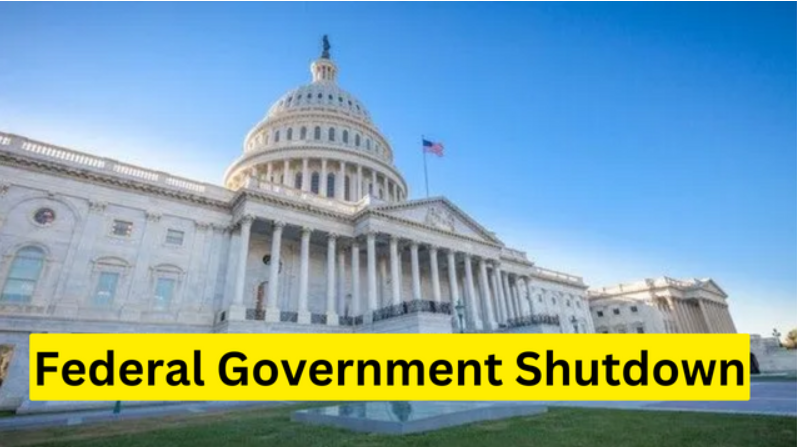
This week, the White House intends to send a number of Cabinet members to assist outline the wide range of consequences of a government shutdown, including everything from airline delays to childcare facilities closing.
According to Vilsack, if a shutdown occurs
Tom Vilsack, the secretary of agriculture, spoke about how a government shutdown may affect everything from food programs to loans for farmers at the White House news briefing on Monday.
The Special Supplemental Nutrition Program for Women, Infants, and Children, or WIC, will see certain recipients of its benefits abruptly terminated, according to Vilsack, if a shutdown occurs. The program offers low-income children up to the age of five, pregnant women, and new mothers meals, nutrition instruction, breastfeeding support, and health care referrals.
Every day, about 7 million expectant mothers, new mothers, and young children depend on WIC for assistance, according to Vilsack. “With a shutdown, those advantages and possibilities would be denied across the United States. In certain instances, it would happen immediately following the shutdown.
In rare circumstances, it might happen in a couple of weeks in some states. However, it is obvious that millions of those women, newborns, and young children would experience a lack of feeding support during a shutdown.
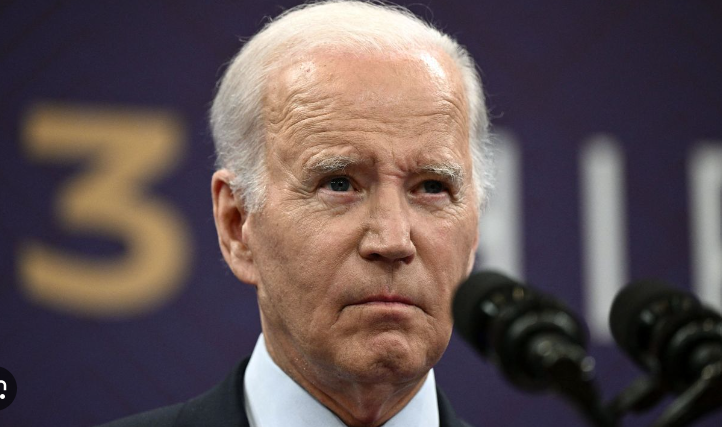
The Supplemental Nutrition Assistance Program, or SNAP, will continue to provide benefits through October, according to Vilsack. According to him, the White House is unable to continue supporting the WIC program on its own.
At a time of year when many farmers are harvesting their crops, Vilsack also cautioned that farmers would not be able to secure financing. He added that some persons attempting to buy homes in rural areas could not be eligible for USDA-guaranteed or offered loans. According to him, this may indicate that some prospective buyers “may not be able to close the loan, it’s also possible that they may lose the deal.” Vilsack added that national forests would also close.
According to Pete Buttigieg (the secretary of transportation)
Pete Buttigieg, the secretary of transportation, said on Sunday that “this would stop us in our tracks.” “A shutdown would prevent military members from receiving pay, which would affect everything from return travel to air traffic controllers stationed in the towers. They wouldn’t be compensated.
Federal Funding of White House : Government Shutdown
In order to extend funding for the federal government before the deadline, White House officials continued to keep an eye out for any hints of movement on Capitol Hill over the weekend. According to persons knowledgeable, White House chief of staff Jeff Zients met with senior advisers in the West Wing on Saturday to discuss how to handle a potential shutdown.
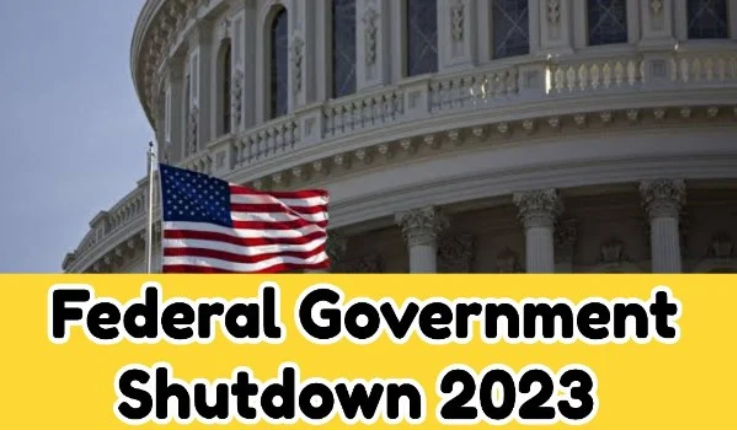
But as a new work week began, officials claimed that Republican members had not offered any practical solutions, leaving the White House preparing for the worst. One senior administration source put it simply: “Who’s responsible” for the possible catastrophe will be brought up constantly in the coming days by the president and his backers.
During the debt ceiling talks this spring, the White House adopted a similar strategy, but not without appearing to take Biden to task. 59% of respondents to a CNN poll taken in mid-May believed the president was not acting appropriately as negotiations stagnated and the government headed toward default. The distinction at that time was that Republicans had come together around a certain stance, passing a bill in the House that mirrored their priorities and surprising the White House. In the weeks that followed, negotiations intensified, leading to a compromise that established substantial constraints on federal spending for the 2024 fiscal year.
That agreement was meant to kick off many months of in-depth appropriations work that would result in a spending plan for the entire year and prevent a government shutdown. The White House now claims that Republicans botched the opportunity.
Speaking at the Congressional Black Caucus Foundation Phoenix Awards Dinner over the weekend, Biden said that a “small group of extreme Republicans” were failing to “live up to the deal” he had made with House Speaker Kevin McCarthy months before.
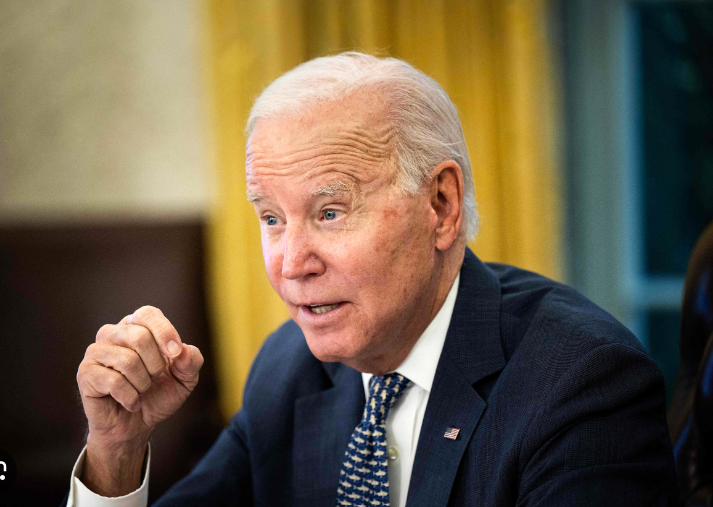
When asked if the White House will take any action to prevent a shutdown, White House press secretary Karine Jean-Pierre replied, “The president did his job.” There is nothing we can do to solve this. The wisest course of action is for House Republicans to quit their divisive political games and refrain from harming Americans nationwide. That is the strategy.
Are you concerned about a shutdown of the federal government?
The possibility of a federal government shutdown is rapidly approaching. Many government activities will halt if Congress doesn’t enact a federal budget package by September 30. However, essential services would continue.
Many Americans’ lives could be affected by this, especially federal workers whose salaries would be withheld.
What may occur if the government were to shut down
Every day that goes by without a deal to extend funding through a crucial deadline at the end of the month increases the likelihood of a US government shutdown.
To keep the government open and prevent a shutdown, congressional leaders on both sides of the aisle are attempting to enact a temporary funding extension. But it’s far from certain that this strategy will work given the stark differences in spending priorities between the two parties and policy divergences on topics like aid to Ukraine.
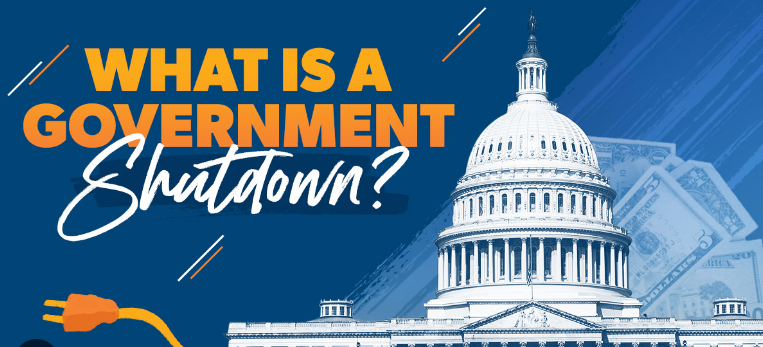
How a federal shutdown might occur
When the clock strikes midnight on Saturday, September 30, and it becomes Sunday, October 1, the new fiscal year, which begins on October 1, begins, government financing ends. (The deadline is frequently abbreviated as September 30 at midnight.)
By that date, if Congress has not passed legislation to extend funding, the federal government will shut down at midnight. The full impacts of a shutdown wouldn’t be felt until the beginning of the work week on Monday because that would happen over the weekend.
ALSO READ : The Head Of The European Central Bank Claims That Interest Rates Will Remain High “As Long As Necessary”
What might occur throughout a shutdown
Many government functions would cease in the case of a shutdown, although those services deemed “essential” would continue.
Governmental organizations have backup plans that outline what will go on and what will cease in the event of an emergency. On Friday, the White House Office of Management and Budget will formally start the process of getting ready for a shutdown by issuing a notice to agencies urging them to evaluate and update their contingency plans.
Government operations and services that are deemed essential for other reasons, such as maintaining public safety and national security, continue even when there is a shutdown. Border security, federal law enforcement, and air traffic control are a few examples of services that have remained during previous shutdowns.
The “non-essential” work of federal employees would be classified as furloughed, which would result in their not working and not being paid during the shutdown. Even though they would still be working, workers whose positions are considered “essential” would not get paid during the shutdown.

Federal workers who were obliged to work during a shutdown as well as those who were furloughed will be paid back pay after it is ended.
While Congress could and did take action to ensure that such workers were compensated for lost earnings once a shutdown ended, backpay for furloughed employees was not previously guaranteed. But as a consequence of legislation sponsored by Maryland Democrat Sen. Ben Cardin that was passed in 2019, backpay for workers who were furloughed is now automatically guaranteed.
Prior to the enactment of that legislation, workers who were judged “essential” and compelled to work were already entitled to back pay after a closure. And those affected by a shutdown don’t just include federal workers.
National parks have gotten a lot of attention during previous shutdowns. National Park Service locations across the nation have historically been closed during government shutdowns, but many did so in 2019 under the Trump administration while being chronically understaffed. Some park locations were able to function without park services like bathrooms, garbage collection, facilities upkeep, or road maintenance for weeks at a time.
The most recent federal government shutdown lasted for more than 40 years
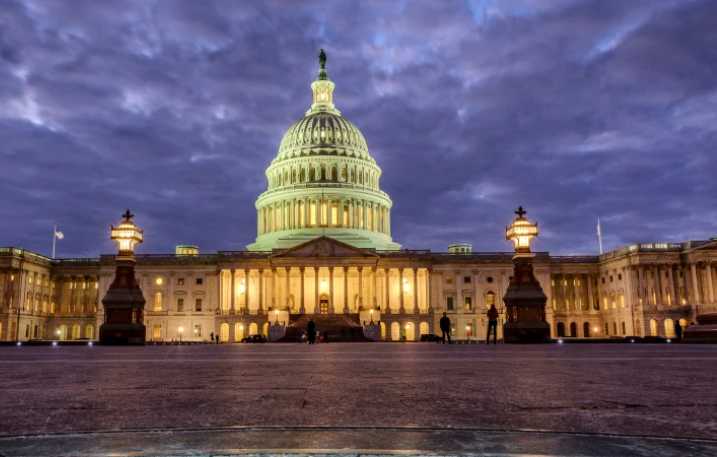
There have been 20 funding voids since 1976. Most have happened during times of split government, such as the one we’re experiencing right now in Washington, D.C., where no single party holds sway over the White House, the House, or the Senate.
A bar graph displaying the number of days that the federal government has been closed since Gerald Ford took office in 1976, by president.
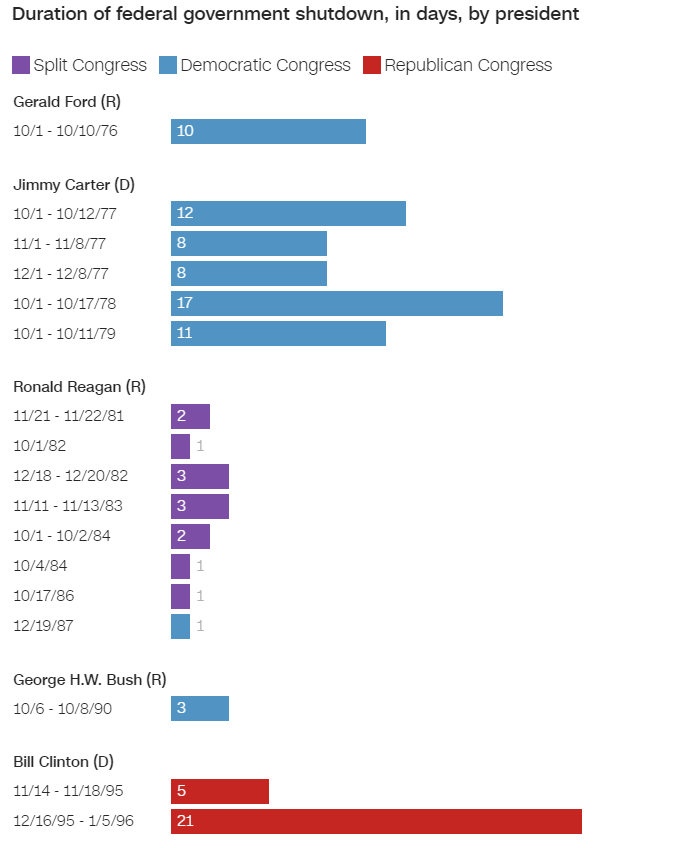

Whether you’re going to work or not, it’s really disruptive if you work for the government, according to Maya MacGuineas, president of the nonprofit, nonpartisan Committee for a Responsible Federal Budget. “It’s quite disruptive if you want to use one of the services but can’t obtain access to them. The hassles and the kind of lost time and resources aren’t something that many people actually see or experience, but all the things that they anticipate and are used to seeing from government are still happening.
Why a shutdown in the US might be imminent
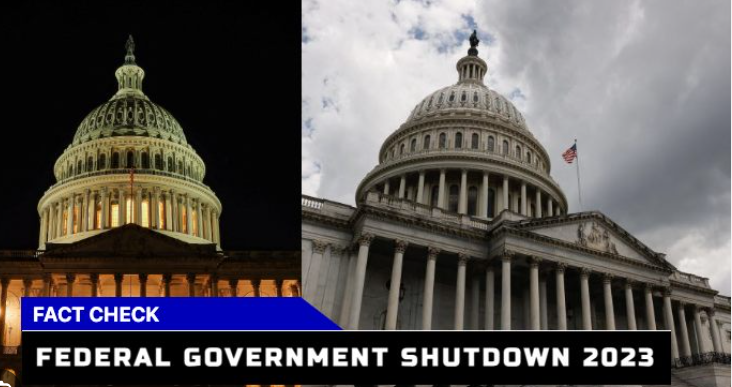
The House’s conservative hardliners are pushing for significant spending cuts and contentious policy add-ons that Democrats and some Republicans have rejected as being too extreme, and this is causing a significant rift between the House and Senate in their attempts to come to an agreement and pass full-year spending legislation.
Top lawmakers from both parties are working to adopt a continuing resolution (CR), sometimes known as a short-term budget extension, as the funding deadline approaches. These temporary solutions are routinely employed as a band-aid to avoid a shutdown and buy additional time to try to obtain a more comprehensive full-year financing agreement.
However, it’s unclear whether there will be sufficient agreement to pass even a short-term funding bill out of both chambers before the end of the month. House conservatives, for example, vehemently oppose the idea of a stopgap bill, have threatened to vote against one, and have demanded significant policy concessions that have no chance of passing the Senate.
Efforts to adopt a short-term bill may be further hampered if a conflict breaks out over aid to Ukraine.
While many House Republicans are reluctant to continue delivering aid and do not want to see that connected to a short-term funding package, Senate Democrats and Republicans vehemently support more aid to Ukraine, which may be included as part of a stopgap bill.
What have the White House officials said regarding a shutdown?
This week, the White House issued a stern warning that a shutdown may jeopardize important federal programs.
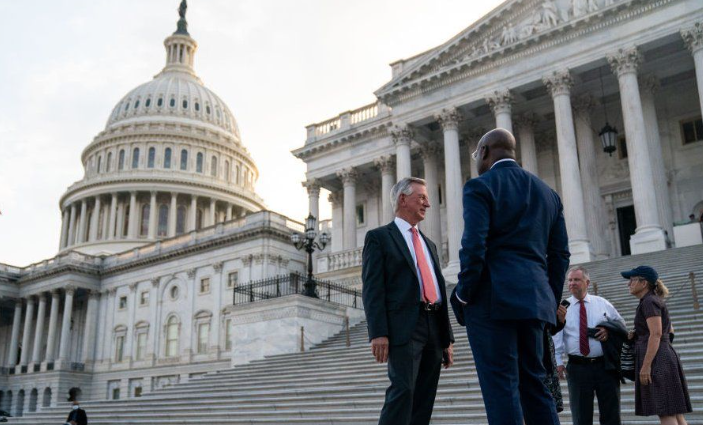
The Department of Health and Human Services’ inability to award grants during a shutdown would result in the loss of access to Head Start programs for 10,000 children, according to the White House’s warning, while air traffic controllers and TSA agents would be forced to work without pay, endangering travel delays across the nation. The Food and Drug Administration’s food safety inspections would also be delayed by a closure.
The White House claimed that “these consequences are real and avoidable, but only if House Republicans stop playing political games with people’s lives and caving in to the demands of their most extreme, far-right members.”
ALSO READ : According To Ford, There Are Still “Significant Gaps” In The Negotiations For The UAW Labor Contract




































